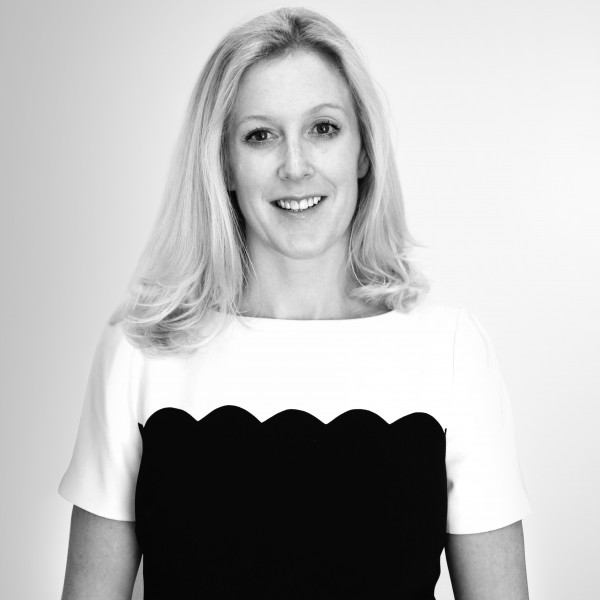What are the factors contributing to the low level of social media use among Arab women and why aren’t marketers doing more to encourage a deeper digital engagement amongst women, asks Ema Linaker
Historically and globally women have been more avid users of social media than men – a finding consistent across several Pew Research Center surveys. In fact, in November 2010 the gender gap was as large as 15 percentage points globally. But this is not reflected in the region in which we live and operate.
Despite the widespread societal and political transformations that have swept the Arab region over the past five years, the adoption rate of Arab women on social and digital platforms has not been as quick as in other regions. This begs a number of questions: why is this? What platforms do women in the region feel comfortable using and why? And is this slow and small adoption having an impact on the way that marketers are able to communicate to women here in the region? Is this causing a ‘virtual gender gap’ in the Middle East?
Time and again, when you analyse the data about social and mobile platform usage in the Middle East, you can immediately see that there is a stark disparity between men and female usage. Digitally, men from this region are early adopters of digital platforms and heavy users, accessing digital platforms for news, information, entertainment and music. As a result, the data gathered on these platforms about male trends provides marketers and communicators with a much deeper understanding of men’s online behaviour and journey than women. Further, because many women’s profiles are private on digital channels such as Snapchat, Instagram and WhatsApp, marketers’ access to this community is seriously limited.
This is creating a perfect ‘chicken and egg’ situation. Marketers are not able to really leverage what they’re seeing on social platforms to deliver true insightful creative communications – so instead they use broad brush generalisations about how women love, work and live their lives. So my question to everyone reading this article is: why aren’t marketers doing more to encourage a deeper digital engagement amongst women? And why is there a clear and distinct virtual gender gap that is only pertinent to this region?
Exploring the ‘virtual gender gap’
What I mean by the ‘virtual gender gap’ is that on every single social, mobile and digital platform men outnumber women in terms of usage. Now whilst we have data from Facebook, Twitter and Instagram stating that women are using their platforms, we, as marketers, struggle to truly understand how they’re using it and why they really matter to women.
Is being connected delivering value to women in the Middle East?
Based on this, I would like to see more effort from our industry to understand what are the factors contributing to the low level of social media use among Arab women, in particular. Do Arab women perceive social media as useful to their needs? What are the usage trends? Can social media become a powerful tool for female empowerment? Can social media potentially increase women’s civic participation in the Arab world and contribute to their political and economic empowerment?
Last year, we did witness some increase in digital adoption and rising usage. I just look at my Instagram feed, my Pinterest boards and Snapchat stories and happily – amongst all the fake lips and narcissistic ‘selfies’ – see women in Saudi Arabia getting healthy, kickboxing, and embarking on different journeys of ‘self-fulfilment’. I often see young artists from Kuwait and Jordan sharing their poetry and artworks or Arab business women using WhatsApp and mobile platforms to sell their beautiful jewellery and clothes.
Social is where women feel most comfortable expressing themselves – and brands should invest more time and resources in listening and watching them on these platforms in order to truly understand that we are not one big homogenous group of people. Not every woman in Saudi Arabia is locked away by her husband and forced to just cook and bake for her family. We are a diverse, vibrant, and passionate community. For many women, the UAE is actually a place where they feel they have not been discriminated against and have been empowered in business, politics and other walks of life.
I hope that we can start to shatter old-fashioned gender stereotypes that exist when it comes to perceptions of the traditional Arab wife, mother, sister, or aunt. I hope that marketers leverage these new arenas where women are showcasing their opinions, individuality and uniqueness – whether it is by becoming more engaged in political and civic actions, playing a critical leading role in entrepreneurial efforts, or spearheading initiatives that spark real social change.
Ema Linaker is head of digital for the Middle East and Africa at Edelman











